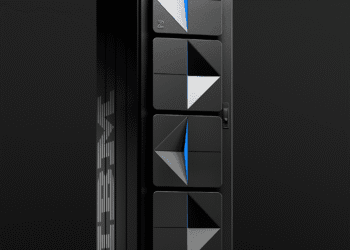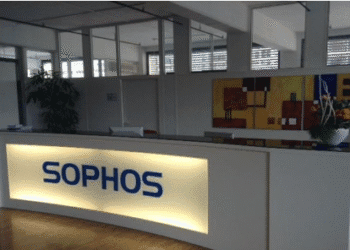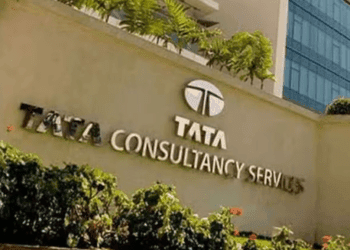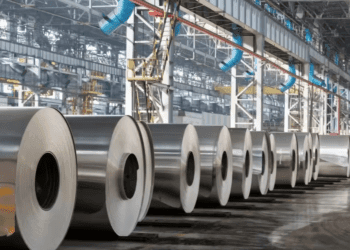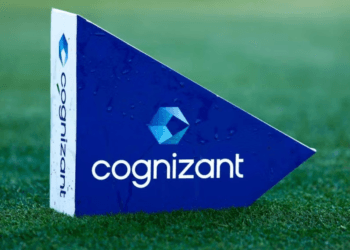Indian IT industry is going through a slowdown after the record demand surge seen during the pandemic. This phenomenon is prompting technology firms of all sizes to pursue cost optimisation measures. IT firms, therefore, have turned conservative with respect to giving salary hikes, increments, and bonus payouts to their employees. They are rather doling out dry promotions, which means giving promotions without any hikes or meager hikes. Such a trend is being followed to retain key talent. In a conversation with the Data Biz Times, the CEO of mid-tier IT firm, CSM Technologies, Priyadarshi Nanu Pany said companies are following this strategy to maintain employee productivity and check attrition. He, however, opined that hikes will be doled out once the industry comes back to a growth path as dry promotion is a cost-optimisation move with limited impact.
What is the rationale behind the dry promotion of staffers currently seen in the Indian IT industry?
The tech industry is reeling under a downturn and lay-offs have become par for the course. Tech companies, regardless of scale are trimming headcount as they have to mind economic priorities. Since cash is dwindling, tech firms are constrained to give good increments to their employees. However, to keep their folks engaged and aligned to the larger business goals, the companies are bestowing their high-performers with dry promotions. Even without any monetary hike, these dry promotions serve to motivate the employees and boost their morale.
I feel dry promotion promotes a culture of meritocracy and rewards the folks who have demonstrated excellence in their roles. It’s an indicator that salary hike though super important, is not the only yardstick to recognize and reward talent. Also, dry promotion is a strategic move to stem attrition when you can’t dole out handsome pay raises.
Are dry promotions good enough for employees to stick to the company?
Dry promotions, which typically involve an increase in job responsibilities or title without a corresponding increase in compensation appear to be a cost-effective strategy for businesses. They can provide an initial boost to an employee’s morale and resume, offering professional growth opportunities. Moreover, they serve as a recognition of an employee’s hard work and potential, which can increase job satisfaction temporarily.
But over time, the lack of financial reward can lead to decreased motivation, especially if the additional responsibilities significantly increase the employee’s workload. In a competitive job market, employees are often aware of their worth. A lack of proper compensation adjustments can make other opportunities more attractive.
To effectively use dry promotions as a retention strategy, companies should couple them with clear paths to eventual compensation adjustments or additional benefits. Transparent communication regarding the reasons for dry promotions and future compensation plans is crucial. While dry promotions might serve as a short-term engagement tool, their long-term effectiveness is questionable without accompanying financial recognition.
Will such a trend lead to high attrition?
The tech industry, known for its competitive and fast-paced environment, faces unique challenges related to employee retention, especially when adopting dry promotions—promotions without accompanying salary increases. While some tech professionals may value growth opportunities through new roles and responsibilities, others may find the lack of financial reward discouraging. Given the ongoing demand for skilled tech workers, those receiving dry promotions might look elsewhere for opportunities that offer both career advancement and appropriate compensation.
While the intent behind dry promotions in the tech industry may be to retain talent by offering growth opportunities, the lack of financial enhancement could paradoxically lead to increased attrition once the job market perks up. Companies using this approach must balance it with strong career development opportunities and potentially, paths to eventual financial rewards, to mitigate the risk of losing valuable employees.
What is the possible impact of such dry promotion on employee productivity?
Dry promotions, while financially cost-effective for organizations, can have a mixed impact on employee productivity. Initially, receiving a promotion, even without a pay raise, can motivate employees by acknowledging their hard work and potential, potentially leading to a short-term increase in productivity as the employee strives to meet the new role’s expectations. Over time, the lack of financial compensation might lead to diminished enthusiasm and effort. As the additional workload or increased responsibilities become routine, the absence of adequate financial acknowledgment might result in decreased productivity.
Sustained dry promotions can erode trust and dampen morale. This situation often leads to decreased productivity which disrupts team dynamics and continuity.
Can dry promotions be pursued as a long-term strategy?
Dry promotions should not be viewed merely as a cost-saving tactic but as strategic investments in employee development. This approach leverages the promotion as a platform for skill enhancement and leadership grooming, with potential future financial rewards. Companies should focus on keeping employees informed about the reasons behind such promotions and potential timelines for financial re-evaluation, which can mitigate feelings of being undervalued. They can think of combining dry promotions with other forms of recognition, such as flexible working conditions, enhanced professional training, or more meaningful project assignments, to maintain motivation and productivity.














